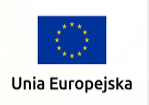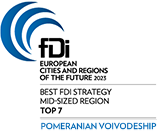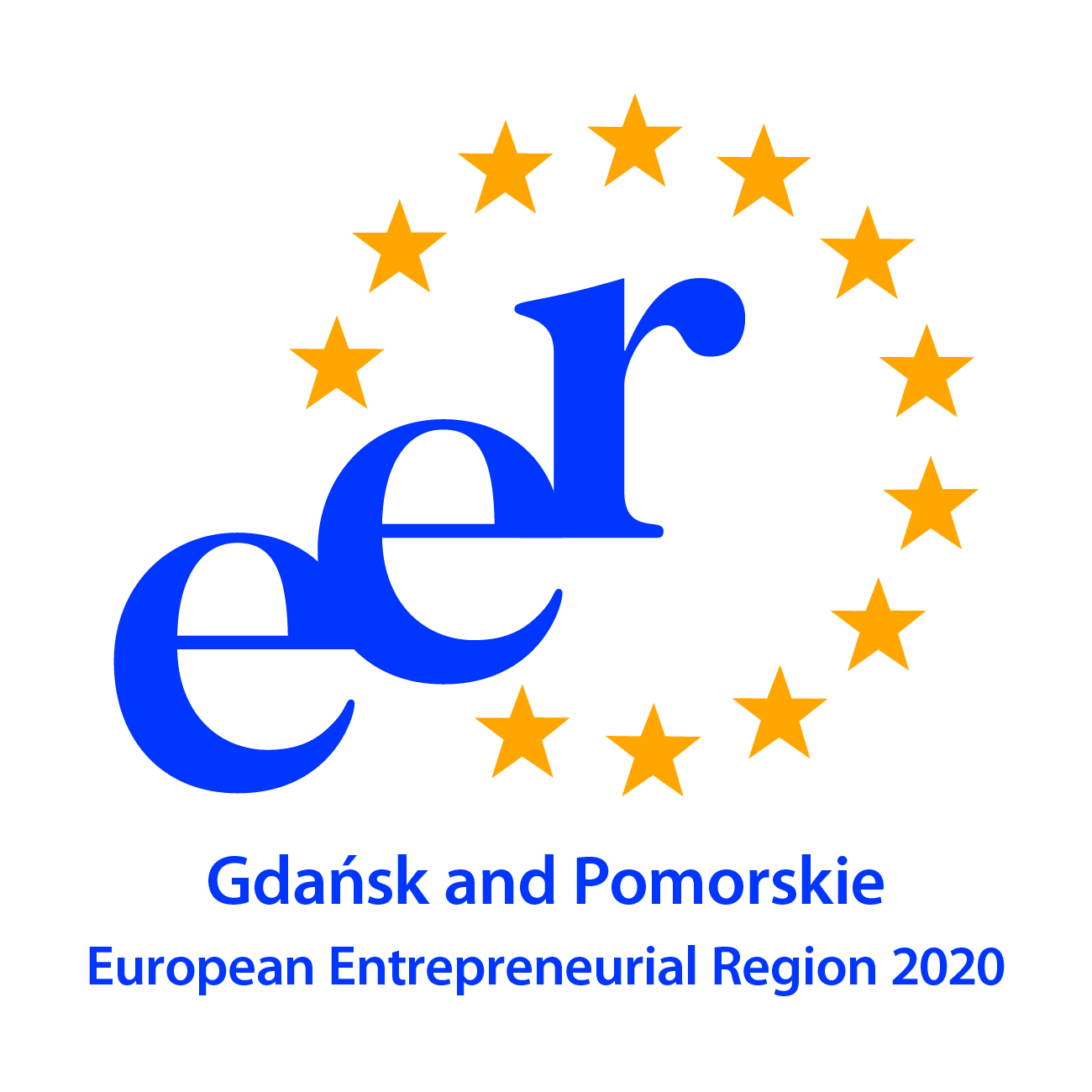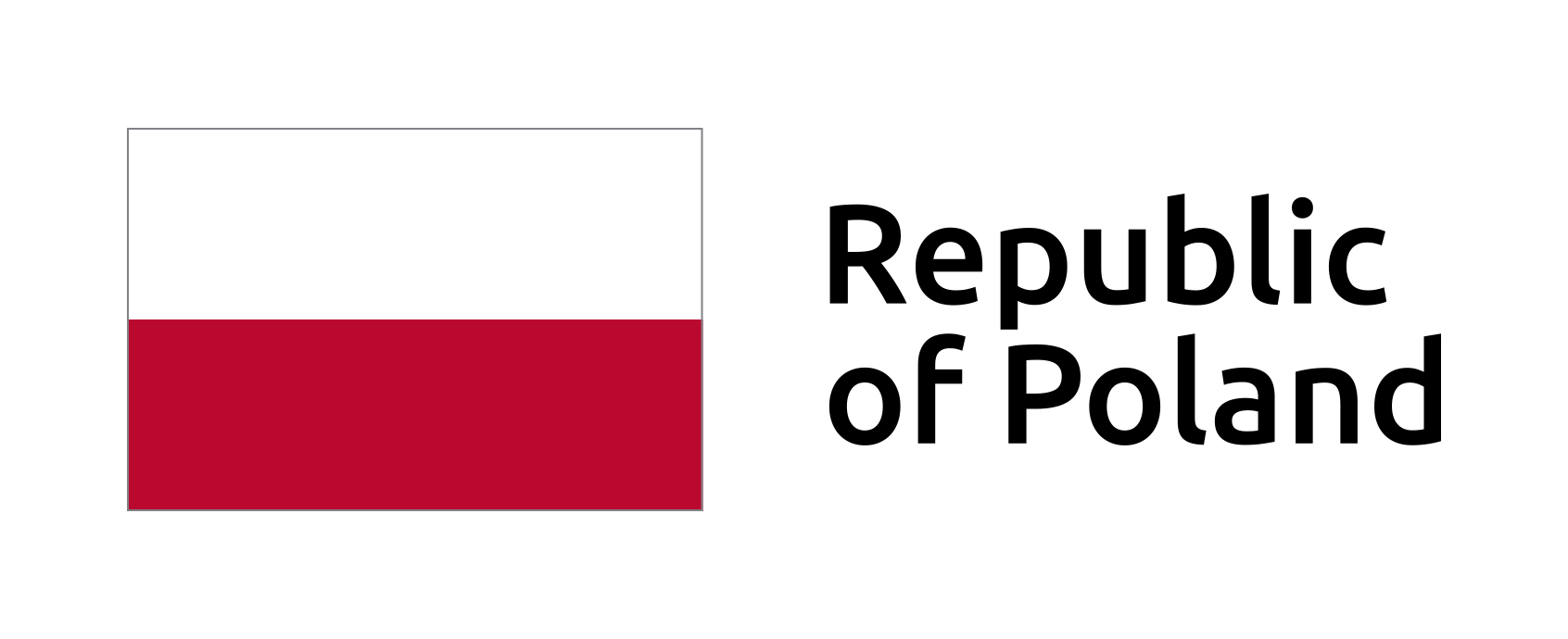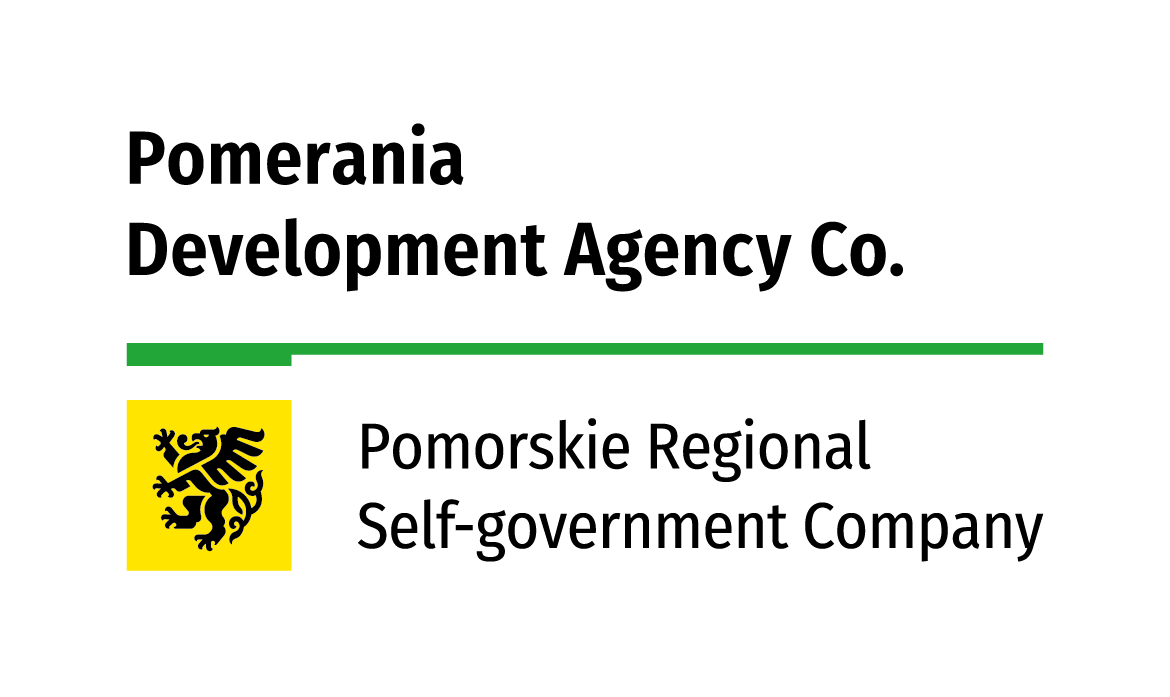BACKGROUND
The business services sector in Tri-City is hitting full maturity. Over ten years of a consequent development have brought changes visible both within the sector and in the region. Increasingly complex processes are carried out in the centres, new buildings reshaping the urban landscape reflect the development process. Recently, the Tri-City has been recognized as the fastest developing city in Poland for second year in a row during the CEE Shared Services Awards annual event. This development is more and more in line with the global trends and the so-called Fourth Industrial Revolution. This means the accelerating advancement of technology and transformation driven by it, pervading organisations, office spaces and labour market.
Acknowledging such growth, Invest in Pomerania is doubling its efforts to integrate the region’s vibrant business network by supporting the largest sector organisation – the Association of Business Service Leaders (ABSL) and organising events for BSS companies and providers. Every year ABSL issues the industry report, which also includes numerical data on the Tri-City’s headcount at BPO, SSC, IT, R&D centers. Our summary stands out among other sectoral reports as we also include companies that cannot be qualified as business centers, but can provide talent pool to serve this sector (e.g. Ergo Hestia, BPH, PKO, BEST, LPP).
The following document serves as a summary of the survey conducted in Q1 2018 among the business services sector companies in the Tri-City metropolitan area – the business hub of Pomerania region. The report includes 127 companies with at least 10 employees. The areas that have been analysed are: scale of employment, type of centers, supported business processes and languages, technology skills, advanced processes. Among the study’s main goals is to characterise and analyse the region’s talent pool.
TYPE OF SERVICES DELIVERED BY BUSINESS SERVICE CENTRES IN THE TRI-CITY
Based on dominant profile of the surveyed organizations, we can differentiate the following types of centers in the Tri-City: IT (57%), SSC (24%), R&D (7%), BPO (9%), Centers of Excellence (3%). This shows that the inflow of FDI to Pomerania consists mostly of IT companies (IT/ITO/ITCoE) and Shared Service Centers.
JOB MARKET
In the past 12 months, the number of jobs in the Tri-City’s BSS sector increased up to 23,851 FTEs (by 11%). The average headcount at business services centers in Tri-City is 187 FTEs. while the average headcount found at IT – 119, BPO – 193, SSC – 214, R&D – 371 and CoE – 572. Our forecasts show that by 2020 the business service centers in the Tri-City will keep sustainable growth of at least 10% Year on Year. Currently, the largest employment in BSS is generated by IT centers (37%), SSC (28%), R&D (15%), Centers of Excellence (11%) and BPO (9%). This places Pomerania below the country’s average, as multiple centers are still fairly new to the local market and remain in the growth phase.
PROCESSES SUPPORTED
The most common processes supported are Software Development, Finance & Accounting, HR and Customer Service. Among more advanced processes represented in the region we can distinguish robotic process automation (RPA), big data analysis and machine learning.
RPA is the use of software solutions applied to stimulate variety of rules-based, repeatable processes of varied levels of complexity. Among our respondents, RPA has been already applied by the following companies: i.e. Unifeeder, AirHelp, Metsa Group Services, Geoban, PwC Advisory Centre of Excellence, Arla Global Financial Service Centre and Alexander Mann Solutions.
Pomeranian companies are also unleashing the potential of big data. This means implementing new ways of data management, capable of meeting the challenges created by huge datasets accumulated by different teams. Here we can distinguish Arrow Electronics, Kainos Software, Nordea and Transcom Worldwide.
It is also important to mention machine learning as one of the leading practices associated with the Fourth Industrial Revolution. Thomson Reuters, Sii, Lufthansa Systems Poland, Jeppesen Poland, Epam Systems, Wipro IT Systems, Goyello are examples of successful application of such practices.
The above mentioned companies are of course just examples, because, as RPA is an inevitable consequence of the technological development, all BSS centers are preparing themselves for this step in one way or another.
LANGUAGES SUPPORTED
In terms of supported foreign languages, Thomson Reuters remains the record-breaking company (offering services in 38 foreign languages). 13 centers deliver services in more than 10 foreign languages. English is the dominant language/most frequently used language, while other popular languages include: German, French, Spanish, Italian, Russian/Ukrainian and Swedish/Danish/Norwegian. It is important to underline the considerable influence of multilingual services in the BSS sector and the whole Pomeranian society. Thanks to the increased demand for qualified employees, many newcomers join the ranks of the Tri-City labour force, while many graduates from the Pomeranian universities have an opportunity to start or continue a career. The multifaceted impact of the multilingual workforce should be the subject of a separate study.
MORE HIGH-END JOBS
In short: the demand for more high-end jobs is already visible. Well-established companies with long presence in Pomerania are expanding their operations and upskilling. This includes implementing new big data management and process automation (RPA). Some companies are already hunting for relevant specialists, such as data scientist, data engineers or IT risk assessment experts.
POMERANIA GOES GLOBAL
Last year Pomerania Region ranked 4th in the Milken Institute’s Best-Performing Cities Index, right next to London, Stockholm and Budapest. It also won 1st place in Europe and 5th in the world in the TripAdvisor’s “Top destinations on the Rise” ranking for 2017 and boast one of the highest percentages of citizens satisfied with life quality. These awards have helped position Pomerania globally as one of the best places to live.
PLANS FOR 2018
The business services sector in Pomerania continues to grow organically. Invest in Pomerania recognises that the sector requires different and fresh support measures. It means focusing on integrating the sector and supporting job creation. To this end, we have launched a campaign under “Live more. Pomerania” aimed at attracting skilled workers to the region. Other initiatives of Invest in Pomerania include holding quarterly meetings both for senior representatives of the local BSS centers and service providers, platforms where executives can share their experience and best practices, promote cooperation of the business services sector in the Tri-City and the region as a whole. Invest in Pomerania also supports multiple local and international events aimed to boost the region’s branding.
We are also planning to launch our own conference dedicated to the local BSS sector. In order to prepare for it efficiently, we will continue to actualize our data on the sector and also reach for qualitative information. This will involve site visits and individual meetings with executives, carried to depict the way modern business is done on the Pomeranian soil.
ANIMATING BUSINESS-EDUCATIONAL INITIATIVES
Looking ahead, Invest in Pomerania also has ambitious plans related to education. Not only does it facilitate growth of the BSS sector by connecting companies with providers, it also connects them with the region’s academic institutions more efficiently to create fertile ground for future innovations. Joint initiatives are bringing together employers and local schools (secondary education) as well as universities and academic centers (tertiary education). The main goal is to build awareness of the BSS – not only among students, but also through teachers, lecturers, academic staff.
Please follow us on Facebook and LinkedIn to keep up with our activities.
https://www.facebook.com/investinpomerania/
https://www.linkedin.com/company/invest-in-pomerania/
Appendix No. 1
Key geographical trends in the BSS & FDI in the Tri-City:
The origin of potential investors should be analyzed in the light of 3 market trends:
-
Onshoring (opening a second location in the same country) promises to become one of the bigger trends in the Tri-City (e.g. PGS Software, Luxoft, Alexander Mann Solutions or State Street).
-
Nearshoring (conducting business activity in a neighbouring country) is noticeable in the Scandinavian or German FDIs. There are currently 20 Nordiccompanies in the region that employ over 2100 people. German investors were among the first ones to establish their centres in the Tri-City (Bayer, ThyssenKrupp, Lufthansa Systems, Adva Optical Networking). Furthermore, also Ukrainian companies in the ICT sector show interest in the region. The ICT market in Ukraine is highly developed and the Ukrainian IT companies cooperate with many leading enterprises in Europe and throughout the world.
-
Offshoring (conducting business activity in another geographical region or on a different continent) – here the United States remains the leader in terms of the number of FDI inquiries and projects in Pomerania. Americans have created over 20,000 jobs in Pomerania (both business services and industrial sector), e.g. State Street, Intel Technologies, Staples Solutions, Amazon, Sony Pictures, Thomson Reuters, Arrow Electronics, Flex, Jabil, Eaton, just to name a few. These American businesses vigorously embrace market challenges and remain strongly present in Poland, with a steady growth tendency. Japan is also an interesting FDI lead (Ricoh Business Service Centre, Fujifilm Europe Business Service). It’s a matter of time before more capital investments from the Asian economies arrive in Pomerania.

